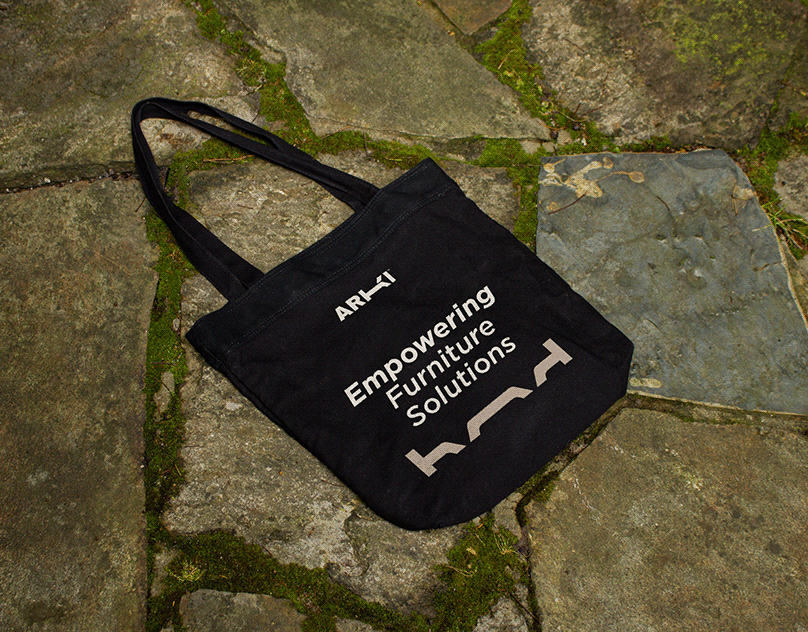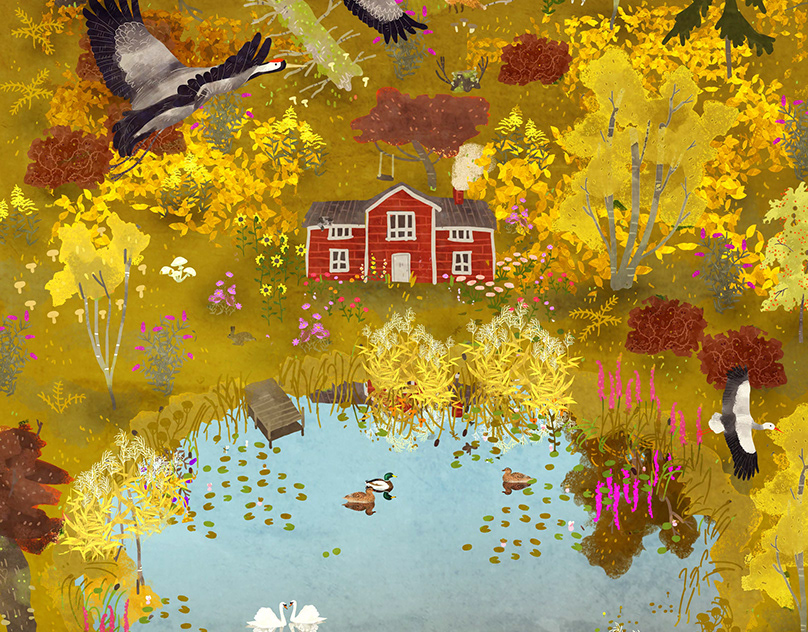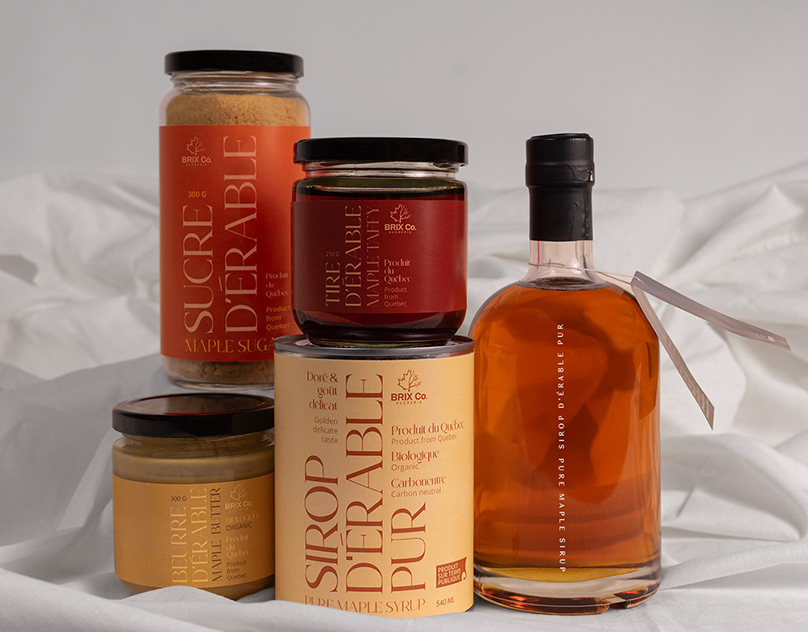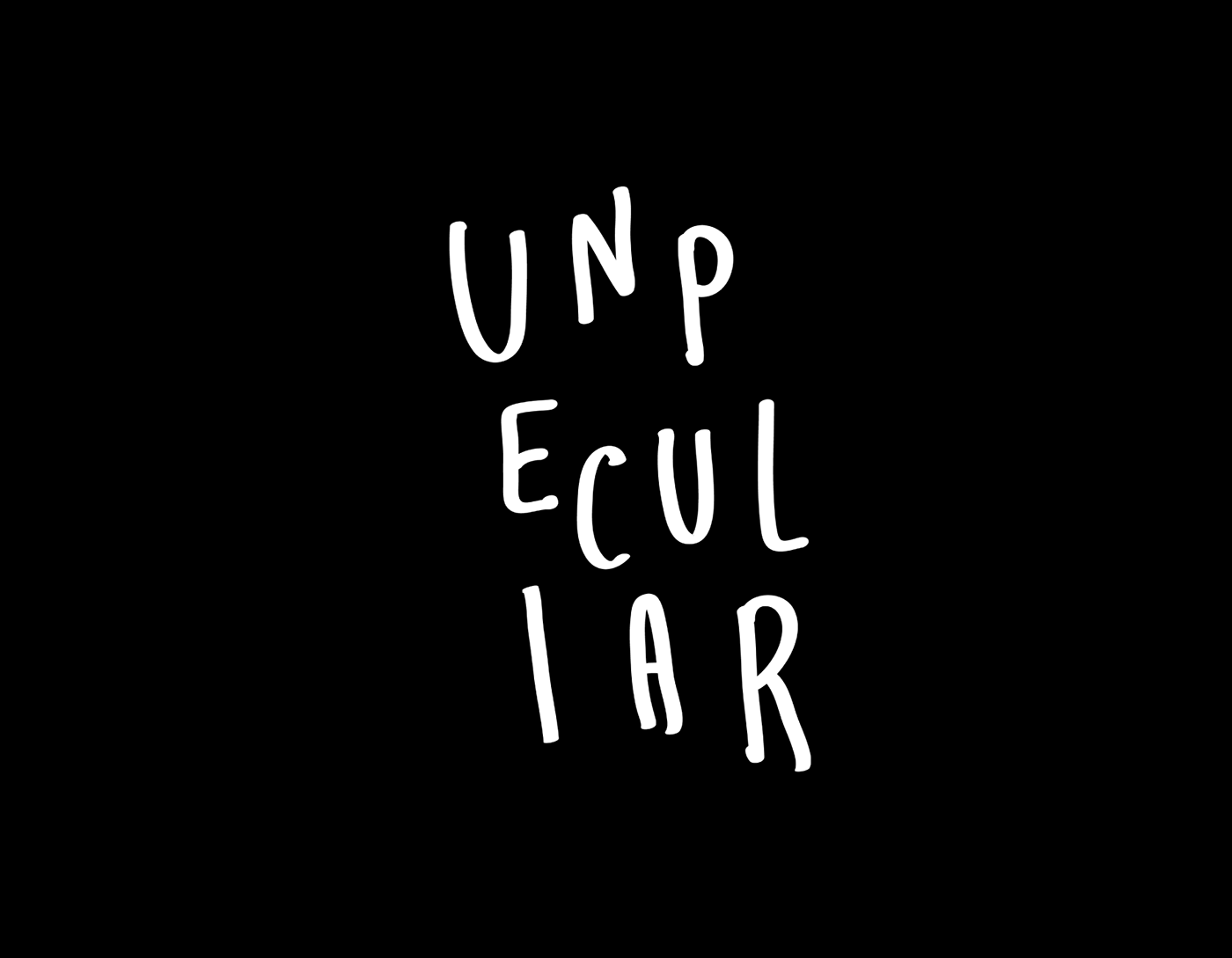
With the political environment how it currently is, queer people often feel afraid of speaking out and don’t have a solid platform on which they can share their experiences with others. Having an honest and multidimensional resource that can show queer people that they are not alone in their experiences and allow non-queer people to get a better perspective of the different existing identities is important to encouraging acceptance, understanding, and empowerment.
Media that shows queer people is often one-dimensional and a lot of It focuses on the narrative of cisgender gay men. There is a prescribed coming out story of struggle and hardship, the persona of flamboyant homosexual men and butch homosexual women, and while there is a surge of transgender stories being told, there is still the erasure of non-binary, bisexual, pansexual, and asexual people. There are not many accessible outlets for queer people to tell their personal stories. This is something I wanted to change.
Unpeculiar is a personal project that asks queer- and LGBT-identifying contributors of all backgrounds and skill levels to share their personal stories in the form of writing. The stories were compiled into an anthology which was printed and hand-bound and published digitally.
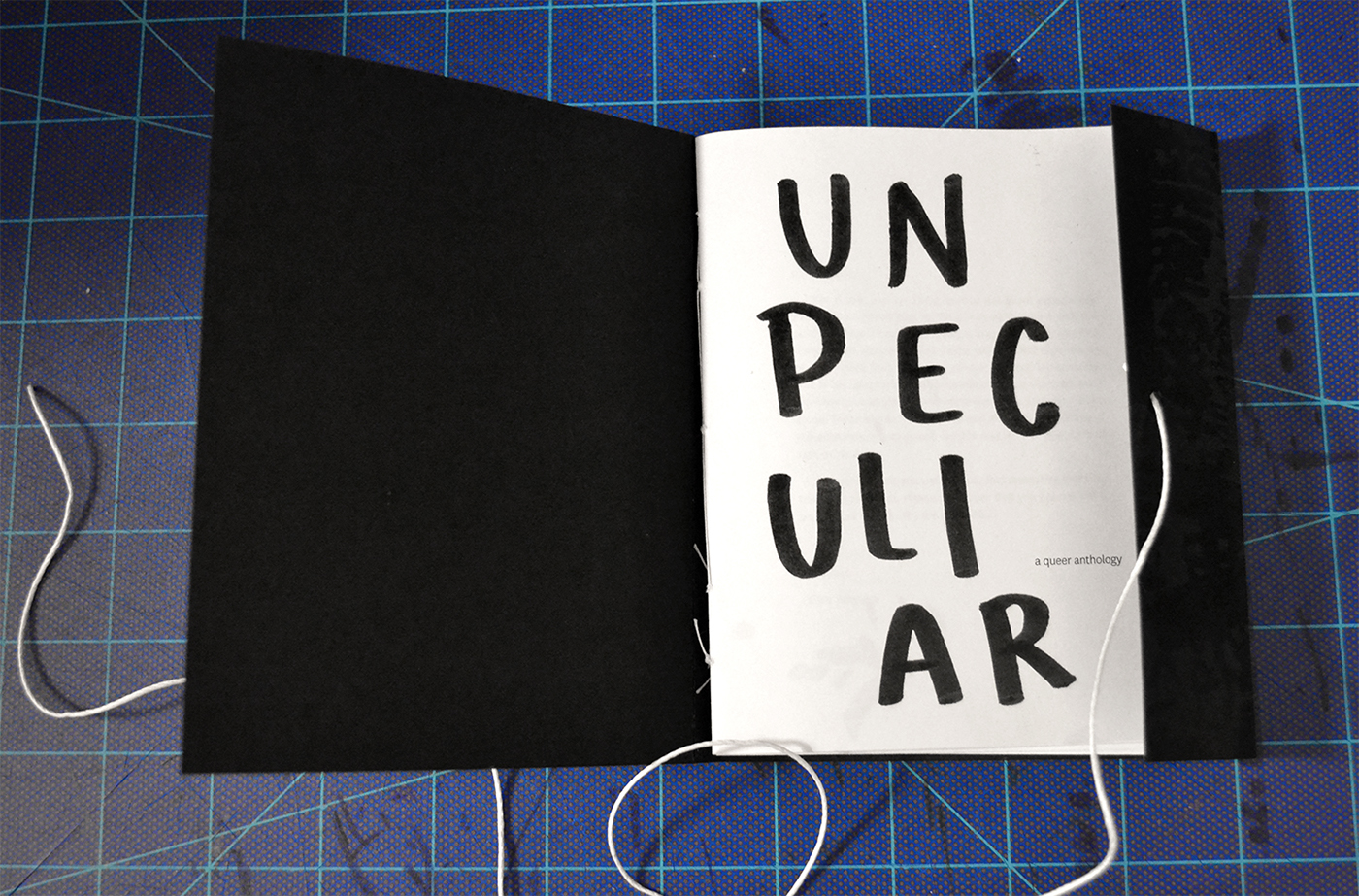
Process
Before I began working on this, I put out a general interest survey to see how many people would want to contribute to a collection like this. I posted a survey online, hoping to get an accurate gauge of how many people would be interested in submitting. This survey had 50 contributors, 31 of which said they were interested in submitting pieces. I took this as an okay to put out a call for entries, which I posted in the same places. Around 36 people showed interest in writing, but by the deadline I received 13 stories.
When I had originally set out to format this publication, I had something neat and organized in mind. I was stuck in the mind frame of the anthologies that I had read in the past and the simple formatting that they followed. At the same time, I wanted to be able to illustrate parts of it and explore my potential as an illustrator; however, I didn’t want to depict the authors in a visual way or project a certain kind of imagery or mood onto the reader. I wanted that to be left to the authors of the story.
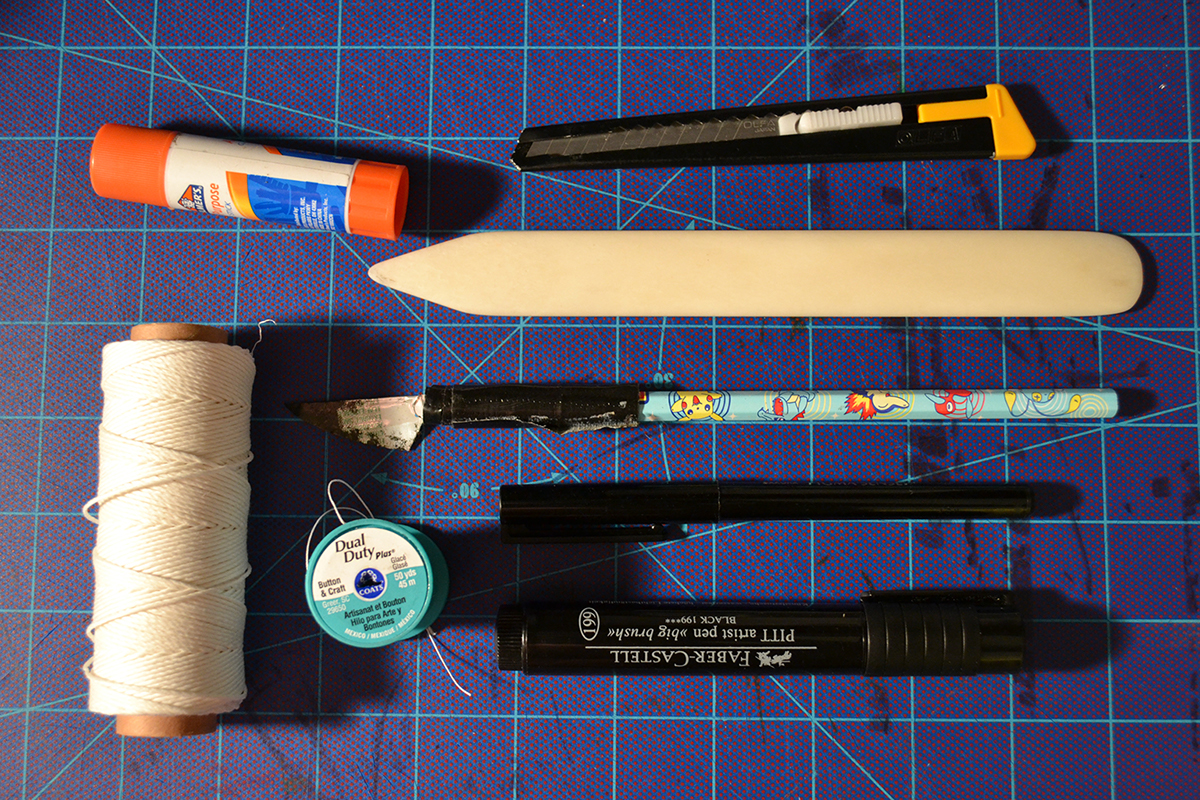
It became clear that a less representative approach to imagery was needed. This also led to me deciding to use hand-lettering for the titles as well. As soon as this clicked, I felt a more natural flow. I wanted something messy, raw, emotional, and honest. I bought some thick black markers and made a pop cap pen for a more sporadic texture. These tools gave me a high energy, eclectic feel that I wanted and helped to shape the form of the anthology.
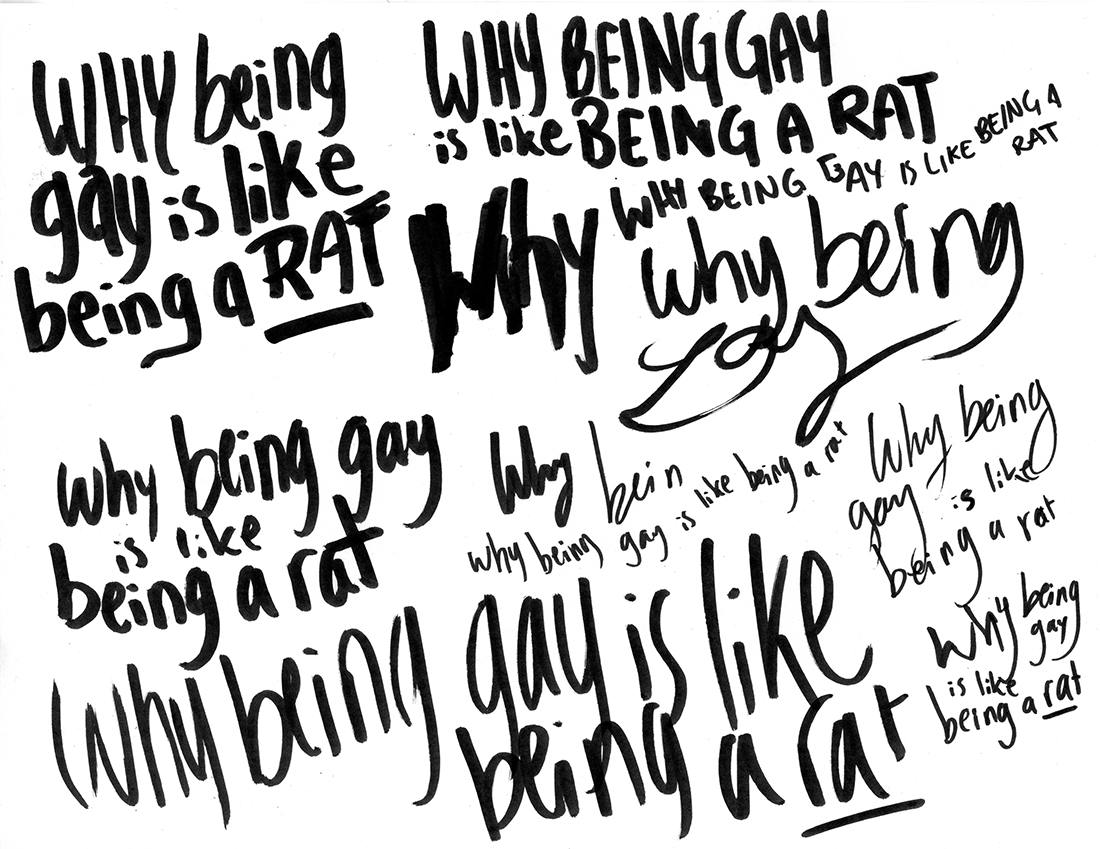
As I started to hand-draw the type, I knew that the cover should be a combination of every title put together. I printed this with black toner on black paper to create a subtler texture that appears abstract at first, but upon further examination shows meaning and can be understood as letters though the specific forms can’t be fully understood until they are seen in the book itself. This creates a metaphor for the book.
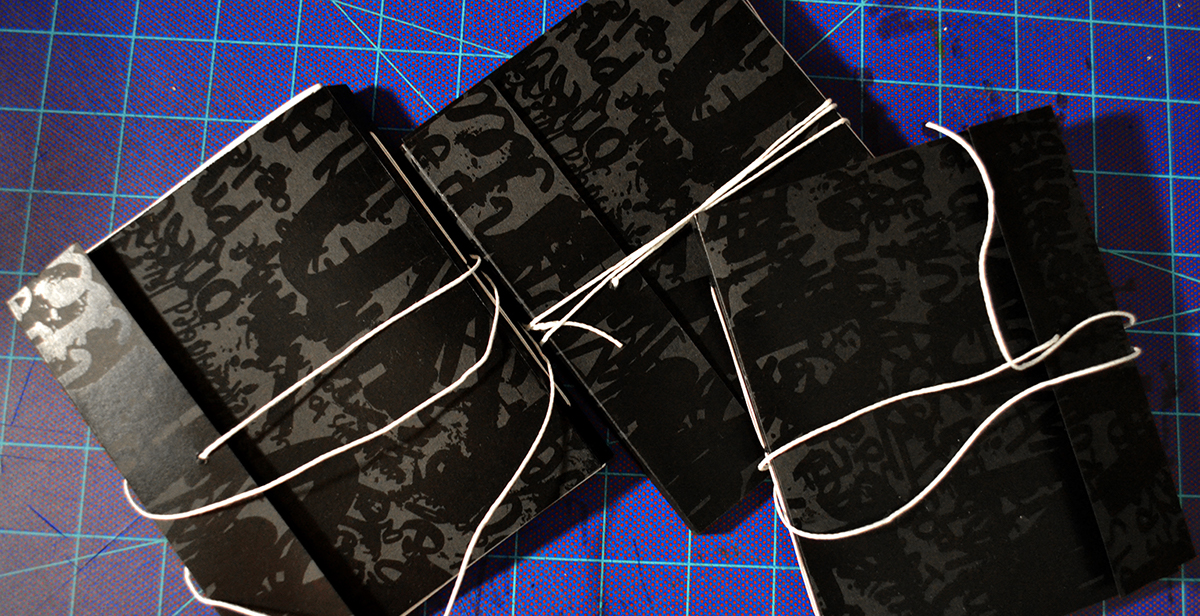
The physical book is small and intimate. This was the form I had in mind for it since the beginning. I needed to consider my limited budget and the amount of resources I was using. I went through a lot of experimentation with the binding and cover as I originally thought of it as an open, cloth-bound book with experimental side-stitching. I found a more practical and meaningful solution in a kettle stitch to bind the signatures mixed with a pamphlet stitch to attach them to the cover. The cover folds over and a thread wraps around protectively. This gives a sense of protectiveness and secrecy that correlates with the overall tone of the book.
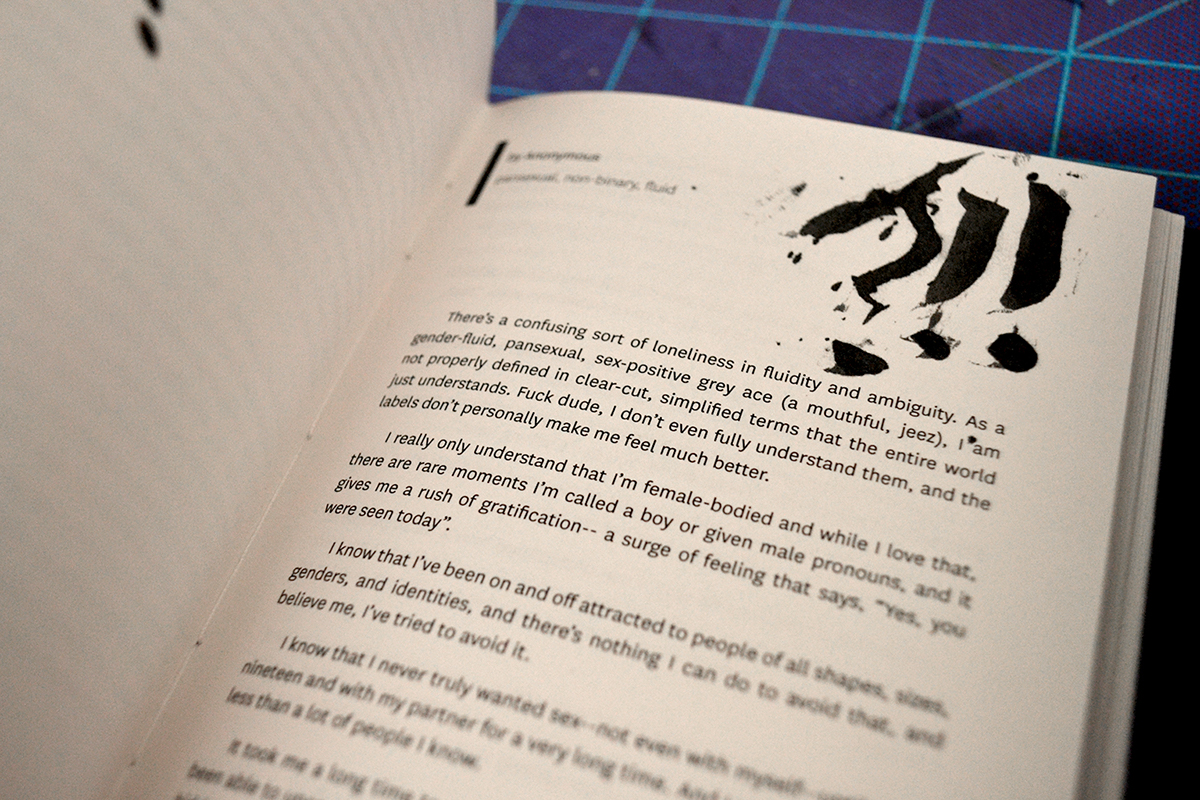
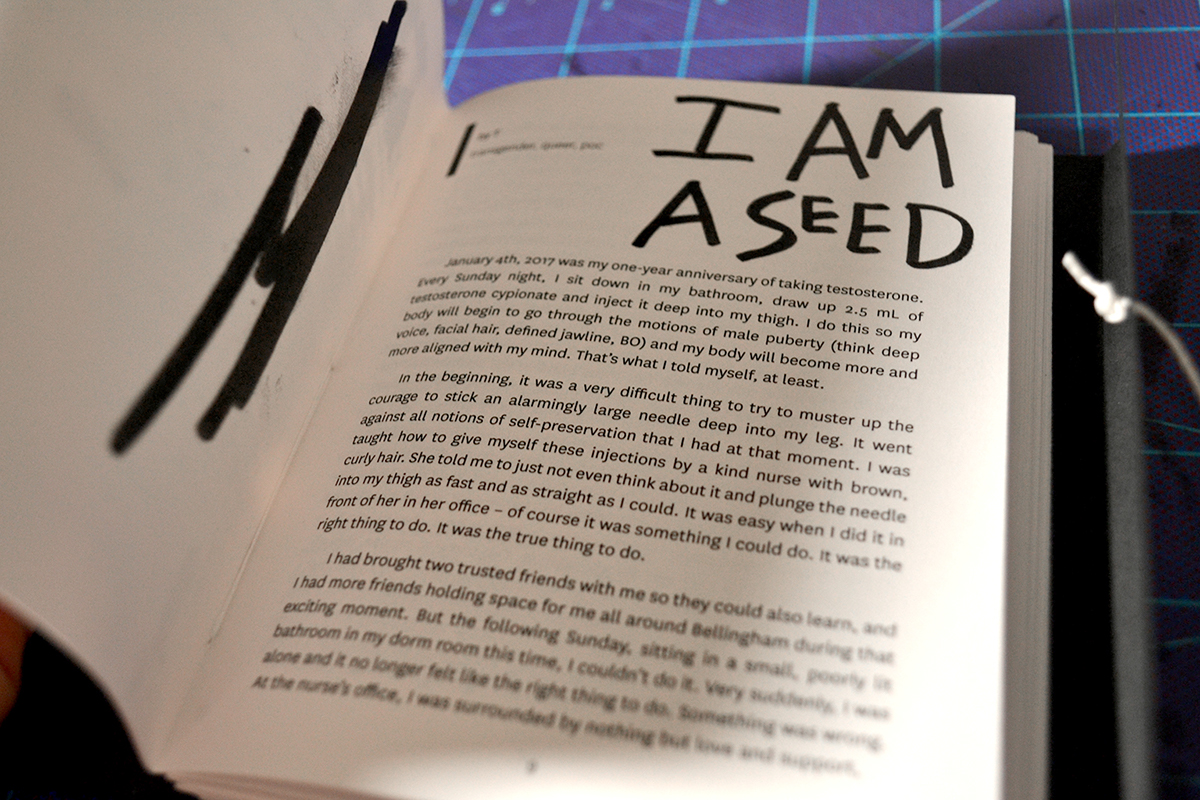
Distribution & Reception
The book is currently available for free online to encourage anyone from any income level to download it and read. The accessibility of the book is vital to me.
The people that have so far read the book have found stories they have felt attached to, empathized with, and many have left understanding something new that they hadn't before. This being part of my initial goal, it warms my heart to know I've touched people in the way that I set out to.

Future Plans
I have long-term goals that include collecting even more personal essays from queer-identifying people and making them even more accessible. I would like to explore more methods of outreach to the queer community and provide some sort of comfort in the fact that they are not alone. I would like to, at some point, create a digital resource that people can use to share their stories and look through stories of other people who identify in the same way that they do without having to sift through a lot.
With more stories added to the anthology, I would like to be able to digitally publish this collection in a more legitimate way. I would like to reach out to LGBT organizations and propose assistance with this project or discover whether anything like this is in the works that I could help with.
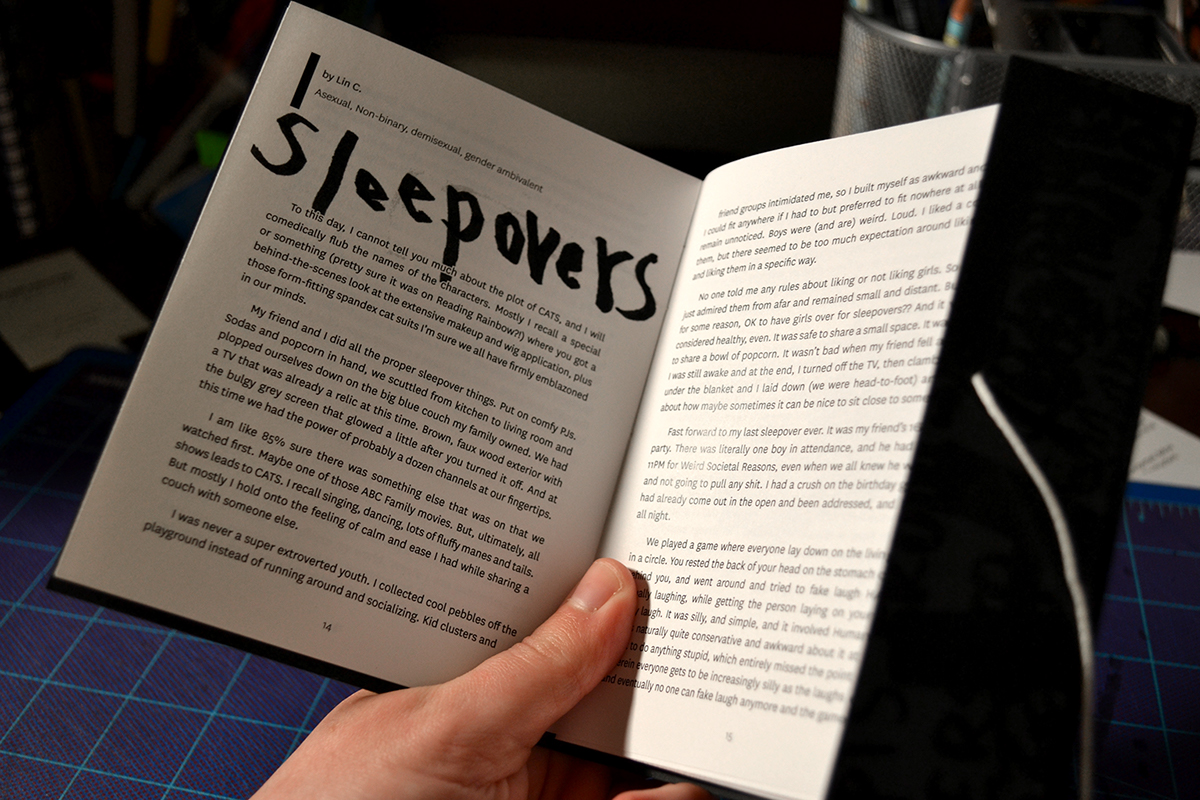
Conclusion
I know sharing stories isn’t something that is going to stop the violence and discrimination against the groups under the queer umbrella. I understand there is a long road ahead of progress and acceptance. I believe the construction for this road has started and one needed part of this is education and representation.
Overall, this project was something that felt not only like it was mine, but felt like it was important to other people for their own processing. I reached out to strangers and friends and heard what they had to say. I explored and felt deeply and make choices and that responsibility led me to create something that I truly feel proud of.



